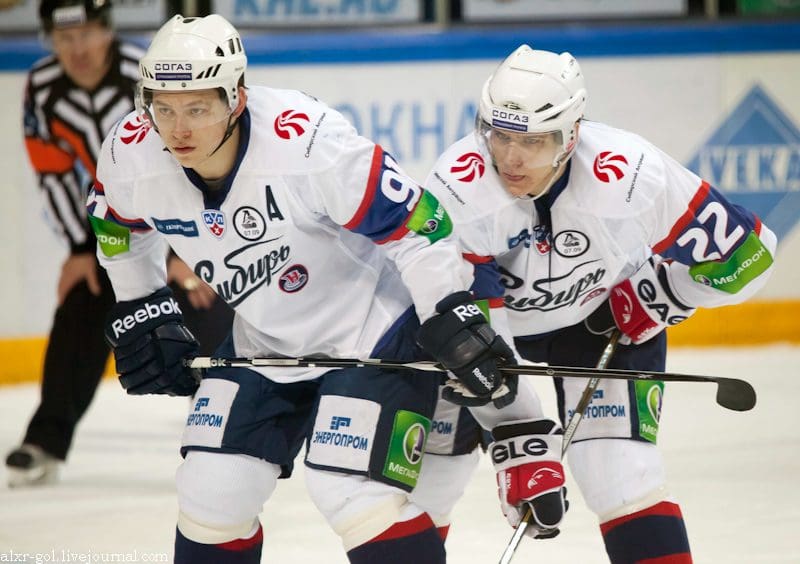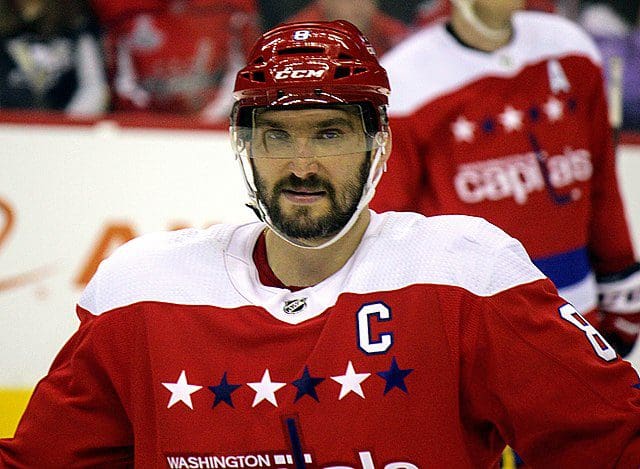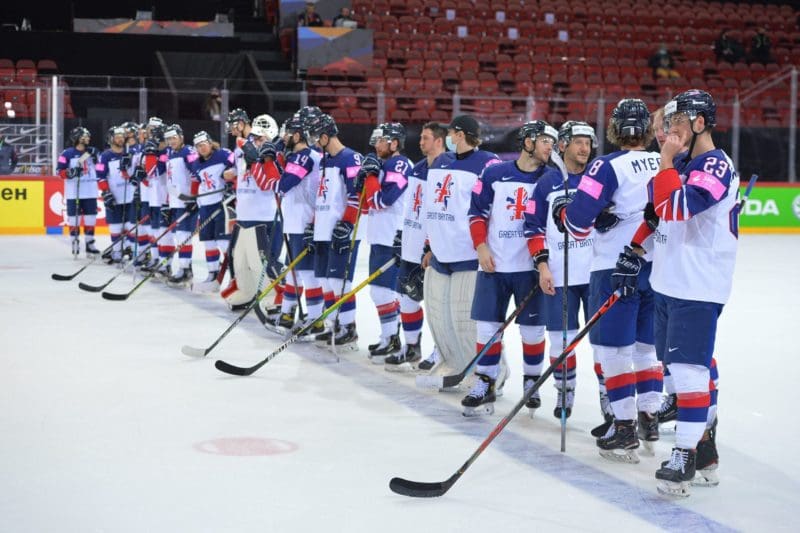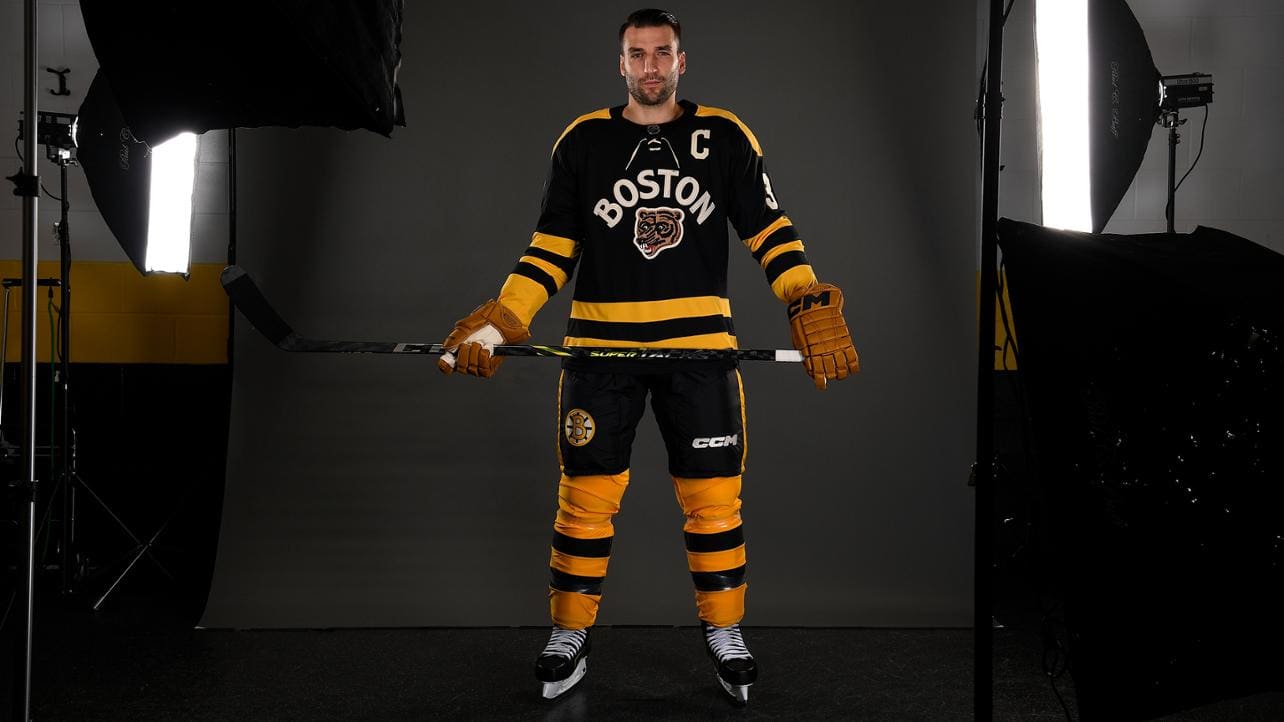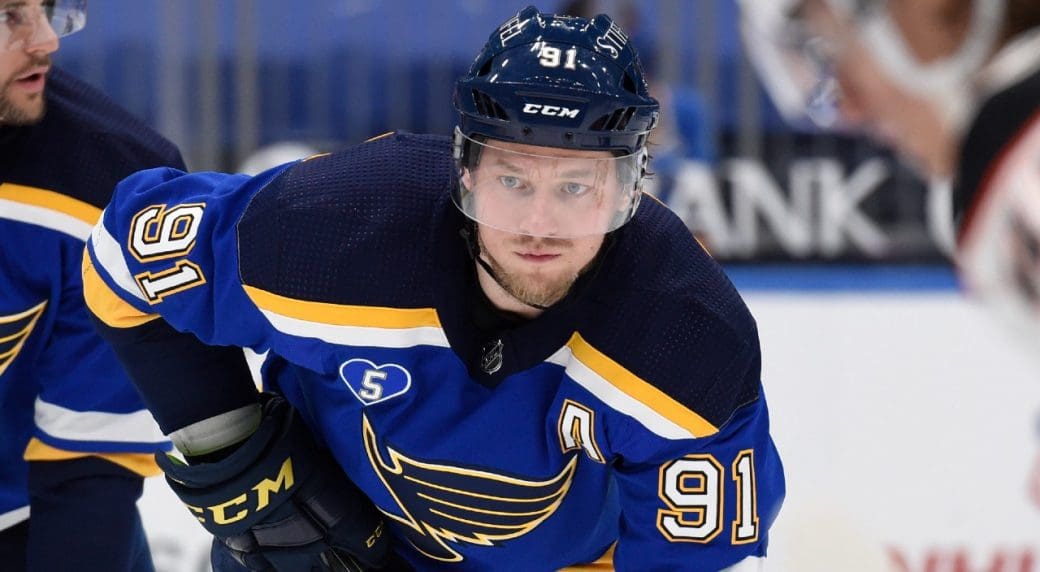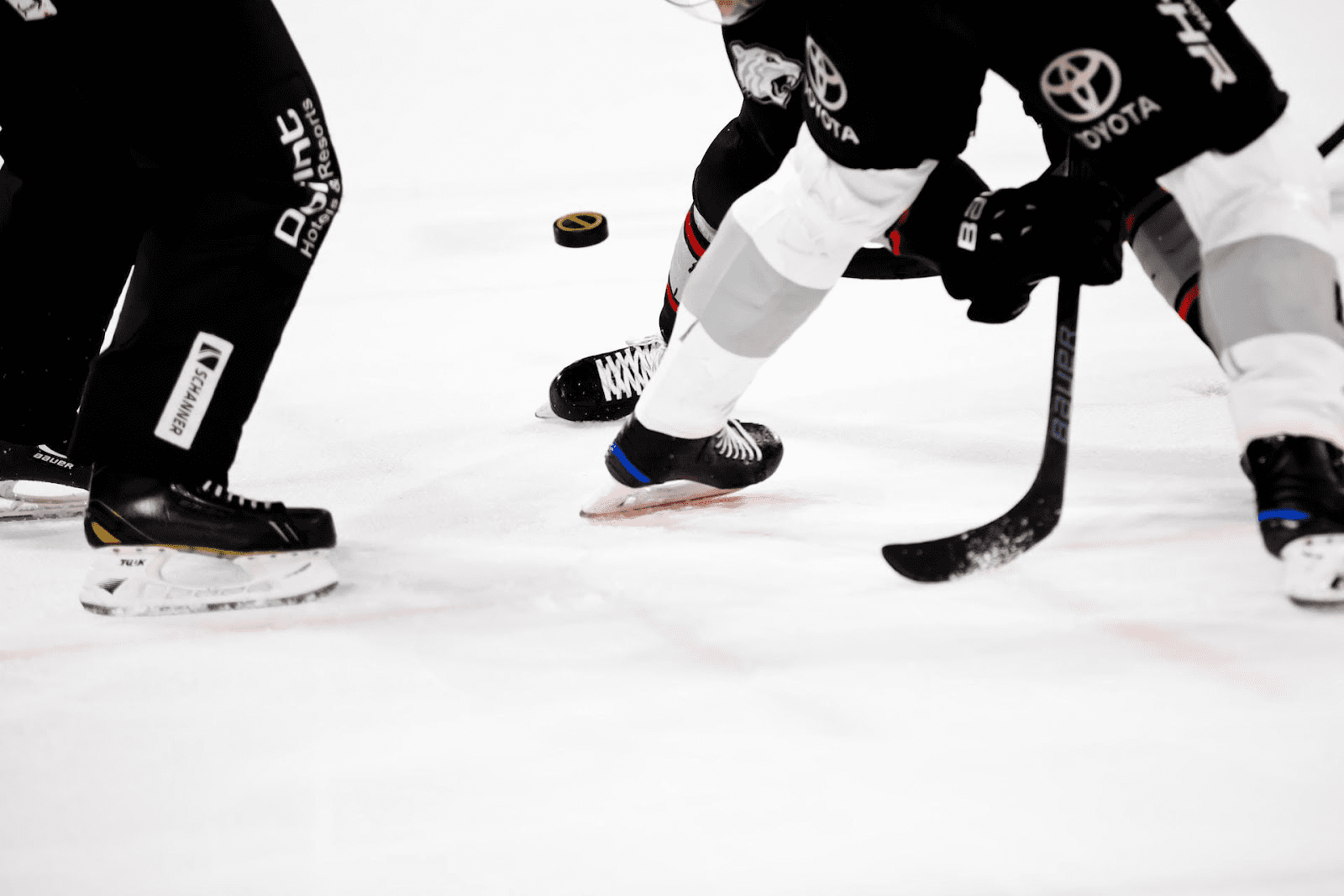The fallout from Russia’s invasion of Ukraine has already started to impact ice hockey on a global scale.
On Monday, the NHL suspended its commercial relationships with firms in Russia. The league also paused its Russian language digital media channels in response to the crisis.
“We also remain concerned about the well-being of the players from Russia, who play in the NHL on behalf of their NHL Clubs, and not on behalf of Russia,” a league statement read. “We understand they and their families are being placed in an extremely difficult position.”
The IIHF, the sport’s international governing body, also acted on Monday, suspending Russian and Belarussian national and club teams from participating in its events. Following an extraordinary meeting, the IIHF Council also withdrew Russia’s hosting rights for the 2023 World Junior Championship.
Luc Tardif, the organisation’s president, said: “The IIHF is not a political entity and cannot influence the decisions being taken over the war in Ukraine. We nevertheless have a duty of care to all of our members and participants and must therefore do all we can to ensure that we are able to operate our events in a safe environment for all teams taking part in the IIHF World Championship program.”
The Kontinental Hockey League (KHL) has also felt the effects of Russia’s invasion of Ukraine, with Jokerit Helsinki and Dinamo Riga withdrawing from the competition.
Alex Ovechkin is Under Pressure to Speak Out:
Alex Ovechkin faces growing pressure to speak out against Russia’s aggression in Ukraine. The 36-year-old, who launched a pro-Vladimir Putin campaign in 2017, plead for “no more war” in his latest media appearance but stopped short of criticising Russia’s president.
“I have lots of friends in Russia and Ukraine and it’s hard to see the war. I hope soon it’s going to be over and there’s going to be peace in the whole world,” Ovechkin told reporters. “You know, it’s a hard situation right now for both sides.
“Please, no more war. It doesn’t matter who is in the war — Russia, Ukraine, different countries. I think we live in a world, like, we have to live in peace and a great world.”
“I have family back in Russia. It’s scary moments, but we can’t do anything. We just hope it’s going to be ended soon and everything is going to be alright,” Ovechkin said. “I don’t wanna see nobody get hurt, nobody get killed.”
When asked whether he still supports Putin, the Washington Capitals forward said: “He’s my president, but how I said, I am not in politics. I am an athlete. You know, I hope everything is going to be done soon.”
Analysis: How Will the Crisis in Ukraine Impact Ice Hockey?
In the short-term, Russian and Belarussian players face calls to criticise the invasion of Ukraine.
However, as reported by TSN’s Rick Westhead, this is complicated by legislation that could soon be passed in Russia, where politicians are considering a bill that would see spreading “fake news” about the war punished with up to 15 years in prison. Moreover, New York Rangers’ forward Artemi Panarin took a leave of absence last season after facing intimidation over his support of Alexei Navalny, a long-term critic of Putin.
As the NHL noted in its statement, players are in an incredibly difficult position.
Dan Milstein, an NHL agent who was born in Ukraine, has said his clients have faced “disturbing levels” of harassment.
“The discrimination and racism these Russian and Belarusian players are facing right now is remarkable,” Milstein told ESPN. “My own childhood home is being bombed as I speak to my friends back home. But people are picking on the wrong crowd. I can speak on behalf of my clients: They want world peace like everybody else. They’re not treated like that.”
The Long-Term Impacts of Russia’s Invasion of Ukraine:
In the longer term, Russia’s invasion of Ukraine will have a significant impact on the entire sport.
The KHL will struggle to attract foreign players due to the war and the ruble’s diminished value. Russian players will also find it harder to move overseas, with visa rules tightened in Europe and North America. These shifts will fundamentally impact how hockey’s player market works, from the NHL to the Elite League.
On the international stage, changes are also on their way. With Russia and Belarus banned from international competitions, the IIHF will soon reveal readjustments to its tournaments. Team Great Britain were due to play Belarus at the 2022 Men’s World Championship in Finland. Clearly, that’s no longer on the cards.
How Have Other Sports Responded to Russia’s Invasion of Ukraine?
In football, FIFA and UEFA suspended Russian clubs and national teams from all competitions, including this year’s World Cup in Qatar.
The International Olympic Committee (IOC) also recommended, with a “heavy heart,” that Russian and Belarussian athletes are barred from competing in international events.
In motorsport, the FIA stopped short of banning Russian and Belarussian drivers from participating in upcoming events – but has insisted they must compete under a neutral flag. Motorsport UK went one step further, blocking Russians and Belarussians from competing in Great Britain.

